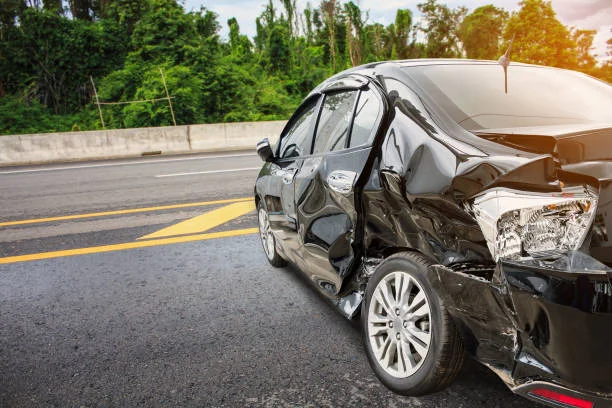Car accidents happen in the blink of an eye, but the impact can last for months—or even years. Whether it’s dealing with insurance companies, getting medical treatment, or figuring out who’s responsible, the aftermath can be overwhelming. That’s why having clear, accurate information is so important.
For most people, a crash brings up a long list of questions. Some of them are legal. Others are personal. And all of them are valid. The more you understand the process, the better equipped you are to make smart decisions about your health, your finances, and your future.
One of the most common points of confusion is what to do immediately after a crash. From gathering evidence to seeking legal help, your actions in those early hours can significantly impact your ability to recover both physically and financially.
In this blog, we’ll answer five of the most frequently asked questions about car accidents to help guide you through the uncertainty Car accidents.
1. Should I Call the Police After a Minor Accident?
Yes, always. Even if the damage appears minimal and no one seems hurt, calling the police is critical. The responding officer will create an official accident report, which serves as an objective record of what happened. This report can be vital if injuries become apparent later or if the other party changes their story. In many states, it’s also required by law to report any accident involving injuries or significant property damage Car accidents.
2. Do I Really Need to See a Doctor If I Feel Fine?
Absolutely. Some injuries—like whiplash, concussions, or internal trauma—don’t show symptoms immediately. Delaying a medical exam not only risks your health but can also weaken your legal case. Insurance companies often use gaps in medical treatment as a way to argue that your injuries weren’t serious or weren’t related to the accident. Always get checked out, even if you think you’re okay.
3. Should I Talk to the Other Driver’s Insurance Company?
Not without legal guidance. Insurance adjusters may seem friendly, but their primary goal is to minimize the payout. They might ask you leading questions, request a recorded statement, or offer a quick settlement—all tactics designed to limit your claim. Before discussing the accident with any insurer (even your own, in some cases), it’s wise to consult a car accident attorney who can protect your rights and handle the communication on your behalf Car accidents.
4. What Kind of Compensation Can I Get?
Compensation varies depending on the details of your case, but generally, you can pursue damages for:
- Medical expenses (past and future)
- Lost wages and reduced earning capacity
- Property damage
- Pain and suffering
- Emotional distress
- Permanent disability or disfigurement
If the other driver was especially reckless, you may also be eligible for punitive damages. A skilled attorney will evaluate your case and help calculate a fair settlement value based on both economic and non-economic losses.
5. How Long Do I Have to File a Claim?
Every state has a statute of limitations that dictates how long you have to file a personal injury claim after a car accident. This timeline can range from one to six years, depending on where the crash occurred. However, certain factors—like dealing with a government vehicle or discovering injuries later—can affect the deadline. Don’t wait to explore your options. The sooner you act, the more time your legal team has to build a strong case.
Final Thoughts
A car accident can leave you shaken, injured, and unsure of what to do next. But you don’t have to figure it out alone. Understanding your rights and responsibilities is the first step toward reclaiming control and protecting your future.
Whether you’re dealing with injuries, vehicle repairs, or insurance hassles, reliable answers make all the difference. And if you’re still unsure about your situation after a crash, don’t hesitate to seek legal support. A knowledgeable attorney can walk you through the next steps with clarity and confidence—so you can move forward with peace of mind Car accidents.







